
The Way to Glory
02-28-2021Weekly Reflection Fr. Bing ColasitoGod called Abraham to sacrifice Isaac (first reading). God gave His Son for our sake: He who did not spare his own Son but handed him over for us all (second reading). The same Son Jesus: foretold His suffering transfigured to offset the scandal of His crucifixion.
READ MOREWhen Sacrifice Becomes Mundane
02-28-2021StewardshipIt seems to happen every year, like clockwork: we drag a bit, as we enter into the second week of Lent. On Ash Wednesday, we feel a bit like soldiers banging our shields, rushing into battle. “We’re ready, God!” our hearts cry out. “Transform us through sacrifice! Your will be done!”
READ MORE
Conversion: Change of Heart
02-21-2021Weekly Reflection Fr. Bing ColasitoIn the first reading, Noah went into the ark, and God saves him and his family from the flood. God establishes a covenant with Noah, now he and his family will start a new life under this covenant. Peter says God renews ourcovenant with Him through the waters of baptism (second reading). God has given us new life. In the Gospel, Jesus is the new covenant who conquers Satan and all his temptations.
READ MOREThe Unlikely Suspects
02-21-2021StewardshipHave you ever taken a nature walk? Have you leisurely strolled through a forest or field, with no real destination in mind and your only objective being receptivity to and observation of all God’s creation?
Sometimes, Scripture readings can feel like a nature walk. All of salvation history plays out against the backdrop of the natural world, with all elements of God’s creation - plants and animals and the dust of the earth itself - turning in a supporting performance. How about Jesus in the hot and dusty desert, tempted, living “among the wild beasts?” Noah departed from his ark with the animals he rescued, observing God’s sign in the very clouds of the sky. Even God Himself, offering us salvation from original sin through the waters of baptism.
READ MORE
Spiritual Vaccine
02-14-2021Weekly ReflectionLepers in the book of Leviticus should dwell away from the community, cry out unclean, unclean, and must follow the imposed disciplinary actions for leprosy. But Jesus in the Gospel shows pity on the leper and willed Him: I do will it. Be made clean. The second reading's independent theme is: Whatever we do, we shall do for the honor of God, imitating Christ.
READ MOREThe Unfailing Goodness of God
02-14-2021StewardshipI have always wondered why Jesus told the cleansed leper not to publicize how he had been healed by the Son of God. It’s not that I can’t understand why Jesus would want to keep the matter quiet — after all, he knew that as soon as people heard, he would be mobbed with requests for healings, and his movements restricted.
READ MOREMethod 2 - Teaching Lenten Practices
02-11-2021LentExplain Fasting
During Lent, Christians “fast” in various ways to connect with and honor Jesus, who fasted for forty days in the desert. Note that during Lent, “fasting” may not always involve food. There are other ways to practice sacrifice and strive for closeness with God. You don’t have to expect your child to make a huge, symbolic sacrifice for forty days. But you can certainly teach the concept and encourage your child to try it, perhaps by giving up sweets or video games.
This period of fasting is also a good time to show solidarity with people who do not have enough food. Take your child with you to donate to a food bank or serve meals at a shelter.
For Roman Catholic children, the rules for fasting (before age 18) and meat abstinence (before age 14) typically don’t apply, but you, as the parent, may practice that with your children.
READ MOREThe Audacity of Holiness
02-07-2021StewardshipDo you know a holy person? I’m not talking about piety — that’s important, too, in its own way. But right now, I’m speaking of holiness.
St. Therese of Lisieux called holiness “a disposition of the heart that makes us humble and little in the arms of God, aware of our weakness, and confident — in the most audacious way — in His Fatherly goodness.”
READ MORE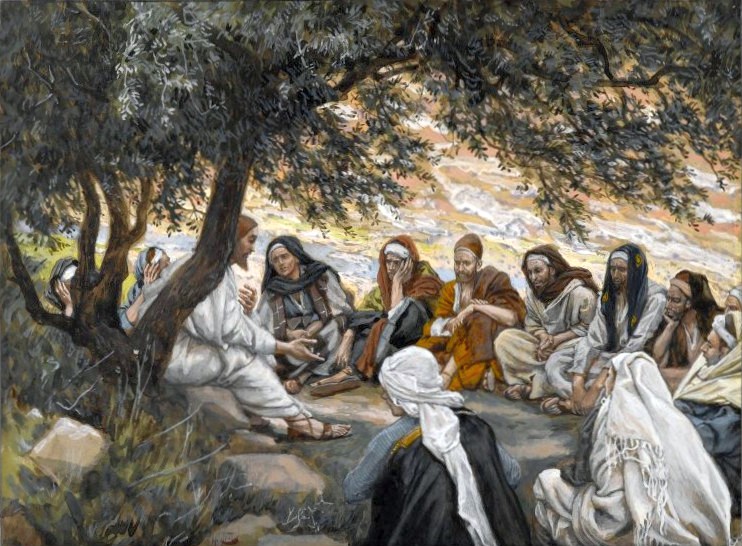
Jesus' Mission
02-07-2021Weekly ReflectionJob says: life, especially sickness, is a drudgery. The book of Job deals with the question and problem that many people struggle with: Why does God permit human suffering through death, sickness, and poverty? Up to this time, traditional Jewish belief that God rewards the just and punishes the evildoers. Thus, sufferings were considered a punishment from God. Job did not know much about the life after. God revealed this only at a later time in the Book of Wisdom. And more fully in the New Testament. Job did not understand it, but he will never doubt the justice and fairness of God.
READ MOREMethod 1 - Describing Key Days During Lent
02-03-2021LentExplain Ash Wednesday
Lent begins with Ash Wednesday, which, for many believers, includes a symbolic drawing of a cross with ashes on the forehead. The ashes are meant to remind everyone of human mortality (“remember that you are dust, and to dust you shall return”), but it’s not necessary to push this idea too forcefully on young children. Be matter-of-fact about the tradition - if it helps, talk less about death and more about the cross and it’s meaning.
READ MORE
God's Authority
01-31-2021Weekly ReflectionThe description of a future messenger of God fits any prophets in the Old Testament. Yahweh grants the request of the office of the prophet as the mediator between God and the people. But God will also send a final prophet, the eschatological prophet of the end times. Some see Jesus as the fulfillment of the eschatological prophet. The early Christian community saw Christ as the final prophet.
READ MORE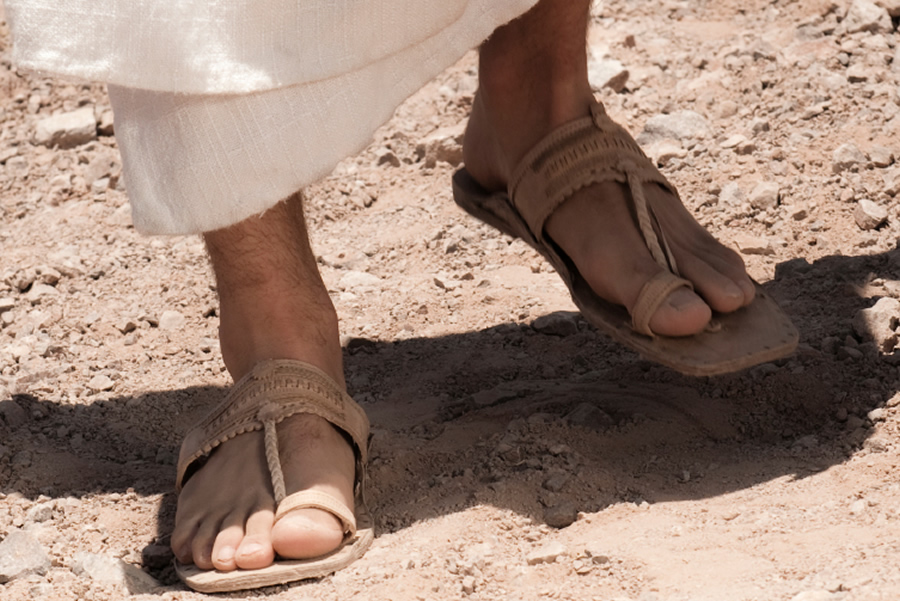
3rd Sunday in Ordinary Time: Convert and Believe
01-24-2021Weekly ReflectionThe 1st reading tells us how God shows infinite mercy even to a pagan nation, as long as they repent their deeds and believe His messenger (Jonah). The people of Nineveh listened to the message of Jonah and repented and showed sincere acts of penance: The people of Nineveh believed God; they proclaimed a fast, and all of them, great and small, put on sackcloth. (Jon. 3:5)
READ MOREGive Until It Hurts
01-24-2021StewardshipOne of the characteristics of Everyday Stewardship is to be committed — to persevere daily in a way of life acknowledging that everything belongs to God. I know, I know. Easier said than done.
Just ask Zebedee. It’s quite an image we get from the Gospel, after all. “So they left their father Zebedee in the boat along with the hired men and followed him.” There was Zebedee, about his business, mending nets with his two sons, who were undoubtedly his best workers, they had to have been more dedicated than the hired men, who worked for wages rather than for family. And in an instant off they go, following this strange man.
READ MORECome, and you will see.
01-17-2021StewardshipOur faith is not just about ideas. It’s really about having an encounter with God and, in particular, the Risen Christ! Once we give ourselves over to the notion of God’s presence, we have to train ourselves to listen for God’s voice and be attentive to God’s call. Having companions on our faith journeys is so incredibly important as they can help us fine-tune our listening skills and discern God’s voice from others we may be hearing. Faith is all about having these profound encounters not only with God but with our brothers and sisters, and creation itself. Anyone or anything that is alive with God’s presence becomes an occasion for God to speak and call us to deeper graces and experiences. “Come, and you will see.”
READ MORE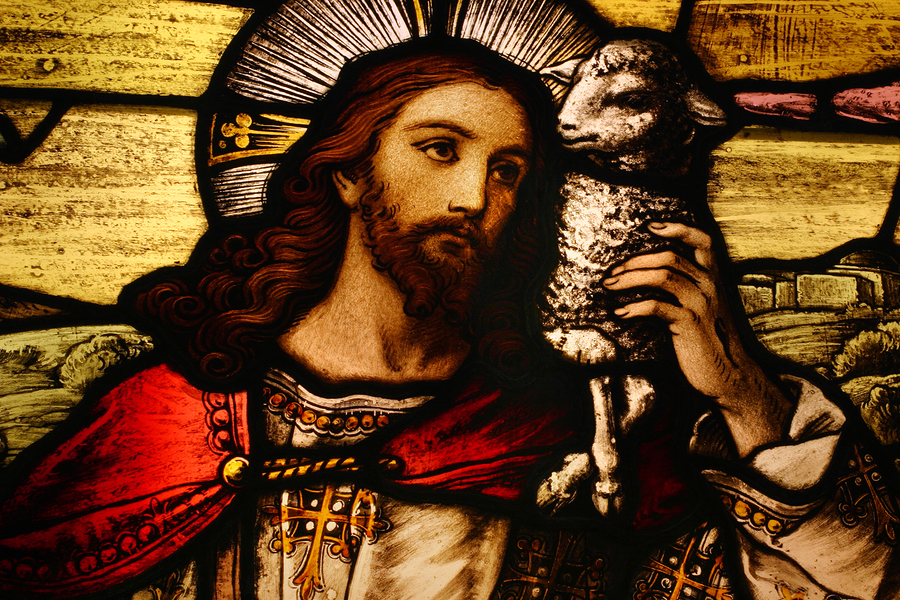
The Lamb of God
01-17-2021Weekly ReflectionJohn the Evangelist uses the theme of the Lamb of God a lot in his Gospel and the book of Revelation. For John the Baptist, Jesus is the Lamb of God in the Gospel of John. The symbolism of the lamb as an innocent sacrifice has its origin in the Old Testament. In the Temple liturgy, an innocent lamb is sacrificed as a holocaust or burnt offering. The burnt offering stresses the victim character of the offering.
The lamb is a symbol of innocent, harmless, and endearing sacrifice to depict the Savior, the Lamb of God. The prophets use these unique characteristics of the lamb to refer to the Messiah, the Christ. The lamb’s symbolism has a rich history and is explicitly associated with the temple liturgy with the character of a salvific sacrifice. The life of the Lamb is sacrificed in place of the life of a human person and offered to God instead. In the book of Exodus, a lamb was sacrificed in place of every firstborn son of Israel on the eve of their departure from Egypt. A lamb was also sacrificed at the Last Supper table, on the eve of Jesus crucifixion. Aside from its sacrificial theme, the meat of the sacrificed lamb is food. While the wool and the skin are made cloaks to protect man from the elements of nature.
READ MORERecognize God in Your Ordinary Moments
01-10-2021StewardshipWhen God Whispers:
“You don’t need to shout. My hearing works just fine.”
Are you a parent that has used that one on your kids? I’m not sure at what age they realize that the volume of their voice doesn’t correlate to the likelihood of receiving a favorable reply it might be sometime in the teenage years, when the talking slows down altogether.
READ MORE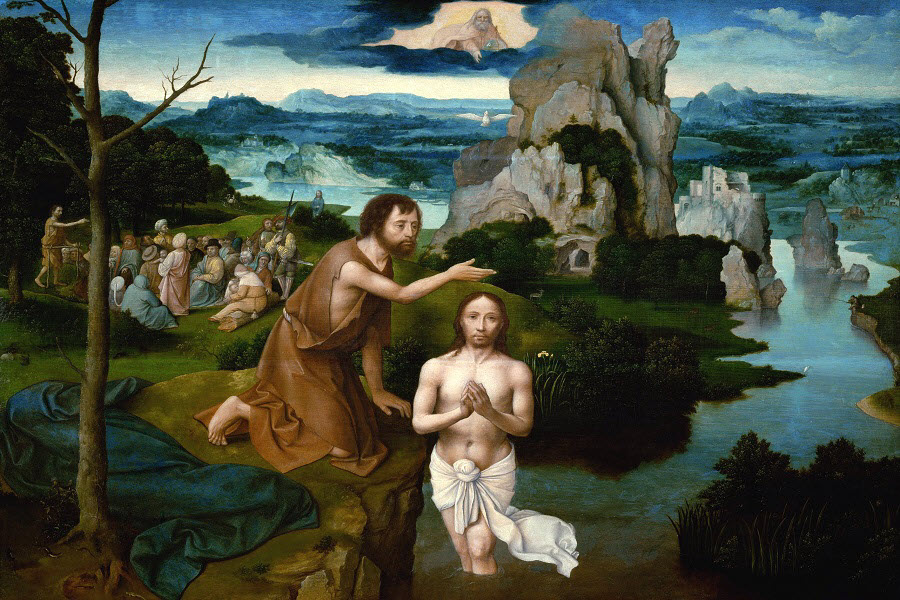
Impelled by the Spirit
01-10-2021Weekly ReflectionThe Baptism of the Lord is full of mystery and meaning. Jesus Christ a carpenter’s son is the awaited Messiah, the Son of God the Father, the Holy Servant of God who is the perfect instrument to accomplish the plan of God for Salvation. Through the Son, Jesus, the Holy Spirit restfully, the sevenfold fullness as foreseen by the prophets. (Is. 11:13) Fully invested by the Spirit He will accomplish the role of the Messiah and Savior of the world, in gentleness and love, symbolized by a dove (and the Spirit, like a dove, descending upon him). The Spirit of God symbolized loving kindness, mercy, and compassion.
READ MOREWise Men See God in the Simple Things
01-03-2021StewardshipIf you’re on social media, you have probably seen a meme going around that features this quote: “God has a plan for your life. The enemy has a plan for your life. Be ready for both. Just be wise enough to know which one to battle and which one to embrace.”
There were certainly two competing plans for the Magi: God’s and Herod’s. And, wise as they supposedly were, it wasn’t entirely easy for the Magi to discern which was which.
After all, Herod posed as a friend. He offered the Magi hospitality and kindness. Though the Gospel doesn’t say so, he probably flattered them and appealed to every moral weakness he could observe in them. In his palace, they must have felt great physical comfort rest and tables of plenty on what was an otherwise long and treacherous journey.
READ MORE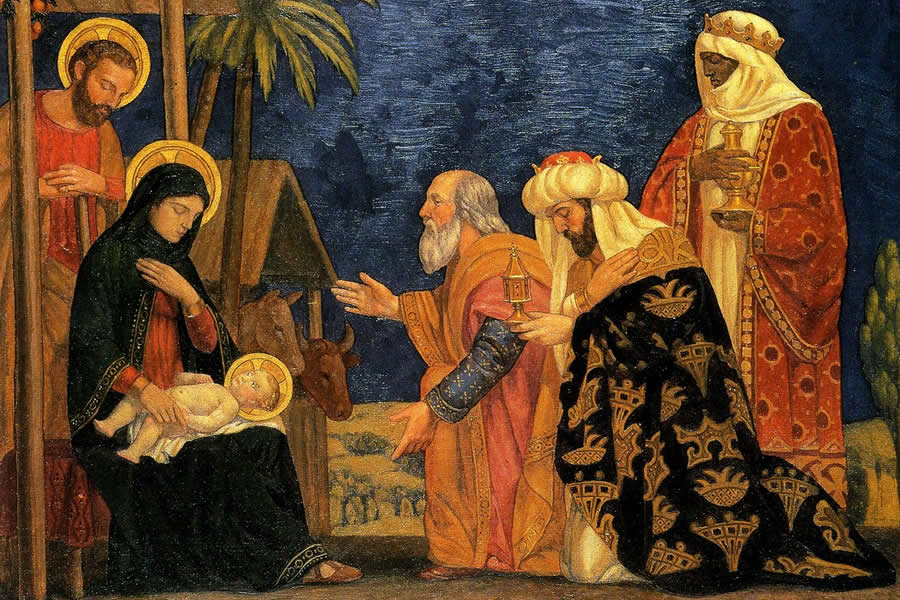
Epiphany
01-02-2021Weekly ReflectionThe entire chapter 1 of the Gospel of Matthew tells us about the origin of Jesus. While chapter 2 deals with Jesus' mission and life's purpose. He is the fulfillment of the Messianic prophecy: He is a King, a new and greater king than David. The prophecies fulfilled - the star that signals His birth (Num. 24 :17), Bethlehem where the Messiah is born: From you shall come forth for me one who is to be ruler in Israel (Mic. 5:1), kings of the
earth coming to pay honor to God and offering gifts and worship (Is. 49 :23, 60 :5-6; Ps. 72. 10-15). The child to be born is the Son of God who accomplishes the work of salvation that Israel did not accomplished. The Magi (not Jews) visit represents the Gentiles invited to salvation through Jesus Christ.
READ MORE